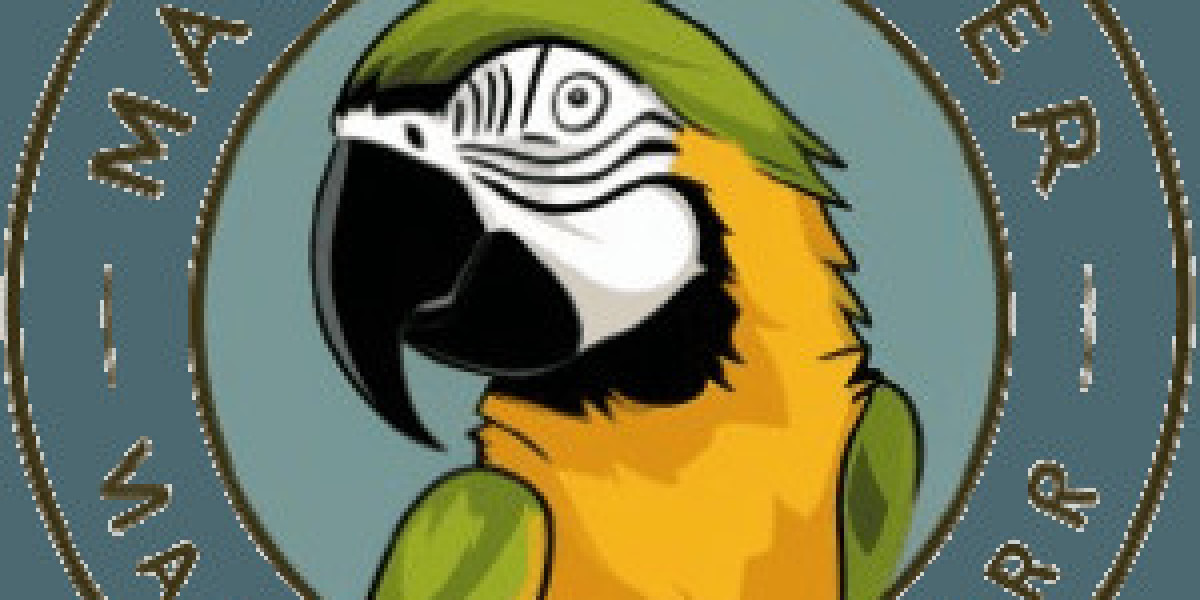The Catalina Macaw, a stunning hybrid of the Scarlet and Blue-and-Gold Macaws, is a bird that captures the hearts of many avian enthusiasts. Known for their vibrant plumage and charismatic personalities, Catalina Macaws are a popular choice for those looking to add a touch of tropical beauty to their homes. If you're considering bringing a Catalina Macaw into your family, this guide will provide you with essential information to help you make an informed decision.
What is a Catalina Macaw?
A Catalina Macaw is a hybrid parrot, specifically a cross between a Scarlet Macaw (Ara macao) and a Blue-and-Gold Macaw (Ara ararauna). These birds are not found in the wild but are bred in captivity. The result is a bird with a unique and striking appearance, combining the bright red, blue, and yellow colors of its parent species. Each Catalina Macaw can have a slightly different color pattern, making each one a unique and beautiful individual.
Physical Characteristics
- Size: Catalina Macaws are large parrots, typically measuring between 30 to 36 inches in length from the beak to the tip of the tail.
- Weight: They usually weigh between 2 to 3 pounds.
- Lifespan: With proper care, a Catalina Macaw can live for 50 to 80 years, making them a long-term commitment.
- Plumage: The most striking feature of a Catalina Macaw is its vibrant plumage. They typically have a red head and chest, with a mix of blue and yellow feathers on their wings and back. The tail is often a combination of red and blue.
Personality and Behavior
Catalina Macaws are known for their friendly and outgoing personalities. They are highly intelligent and can form strong bonds with their human companions. These birds are social and require a lot of interaction and attention to thrive. They are also known for their ability to mimic human speech and other sounds, making them excellent companions for those who enjoy a talkative pet.
However, it's important to note that Catalina Macaws can be quite demanding. They need plenty of mental and physical stimulation to prevent boredom and potential behavioral issues. Regular playtime, training, and social interaction are essential to keep them happy and well-adjusted.
Care and Maintenance
- Diet: A balanced diet is crucial for the health of your Catalina Macaw. Their diet should include a variety of fresh fruits and vegetables, high-quality pellets, and occasional nuts and seeds. Avoid feeding them foods that are high in fat or sugar.
- Housing: These large birds need a spacious cage to move around freely. The cage should be at least 36 inches wide, 48 inches tall, and 36 inches deep. It should also have horizontal bars to allow for climbing and exercise. Place the cage in a quiet area of your home, away from drafts and direct sunlight.
- Enrichment: Provide a variety of toys and activities to keep your catalina Macaw lifespan Macaw mentally stimulated. Rotate toys regularly to keep them interested and engaged. Puzzle toys, foraging toys, and chew toys are all great options.
- Health: Regular veterinary check-ups are essential to ensure your bird's health. Watch for signs of illness such as changes in appetite, behavior, or droppings. Common health issues in macaws include feather plucking, respiratory infections, and nutritional deficiencies.
Finding a Reputable Breeder
When looking to purchase a Catalina Macaw, it's important to find a reputable breeder. A good breeder will provide a clean and healthy environment for their birds, and they will be knowledgeable about the care and behavior of macaws. Ask to see the parents of the bird you're interested in, and inquire about the bird's health history and any genetic testing that has been done.

Adoption Considerations
Before bringing a Catalina Macaw home, consider the following:
- Time Commitment: These birds require a significant amount of time and attention. They need daily interaction and playtime to stay happy and healthy.
- Financial Commitment: Owning a Catalina Macaw can be expensive. In addition to the initial cost of the bird, you'll need to budget for a large cage, toys, food, and regular veterinary care.
- Long-Term Commitment: With a lifespan of 50 to 80 years, a Catalina Macaw is a lifelong commitment. Consider whether you are prepared to care for the bird for its entire life.
A Catalina Macaw can be a wonderful and rewarding companion, but it's important to do your research and carefully consider the responsibilities of ownership. If you are prepared to provide the love, care, and attention that these beautiful birds require, a Catalina Macaw can bring joy and companionship to your home for many years to come.







